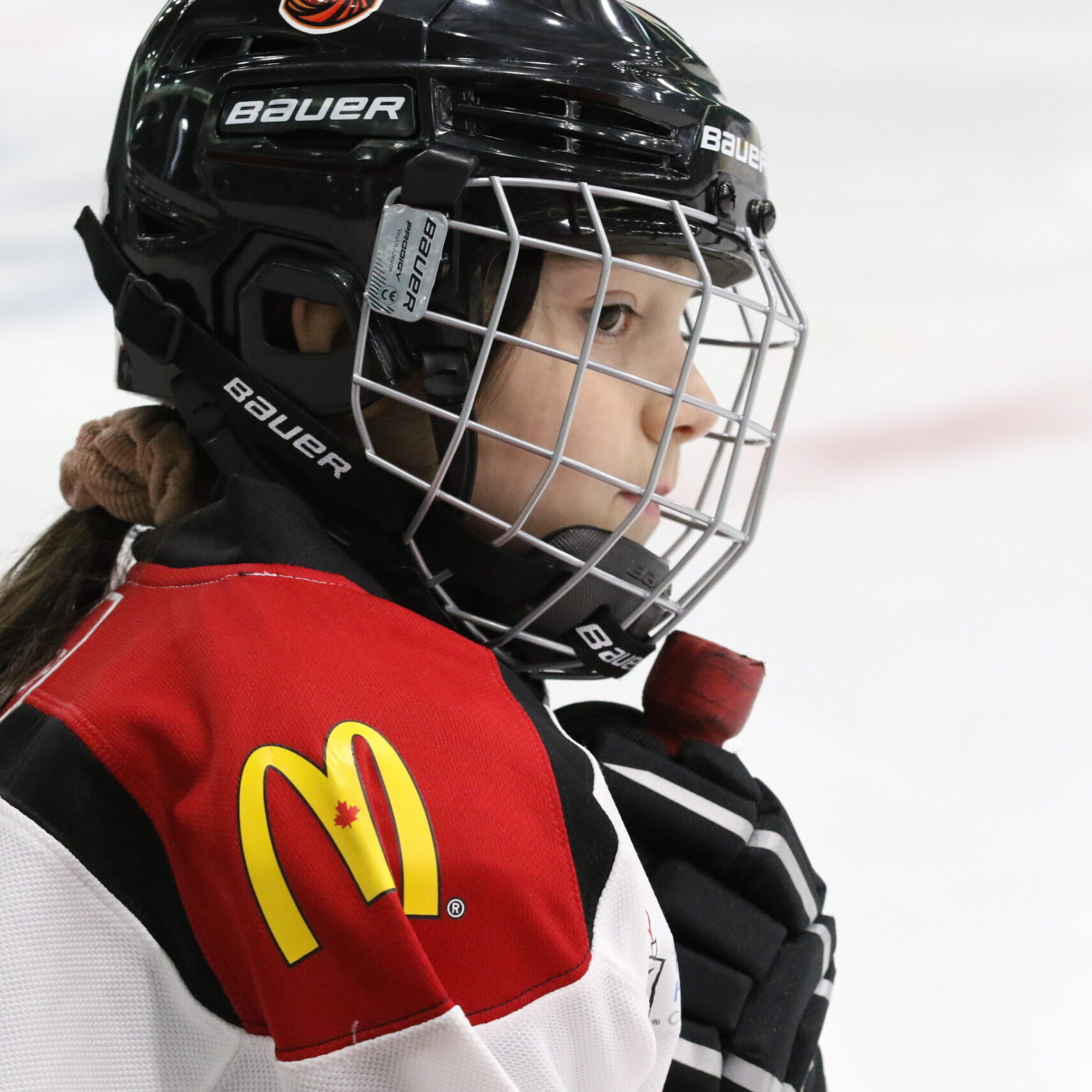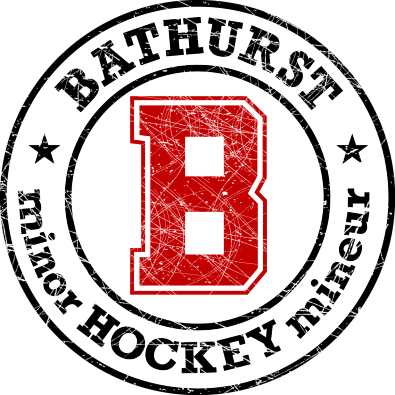U11 Minor Hockey
What is U11 Hockey?
U11 (formerly atom) is the third age division in minor hockey (though its never too late to start here!) Goals for the U11 age category are fun, refining of basic skills and introducing team tactics. Programing still has a strong focus on technical skills (50%), but gradually introduces individual tactics, some team tactics, a bit of team play and an overview of strategy.
Programming is delivered through a progressive learn-to-play teaching curriculum that spans the nine- and 10-year-old age group. Children learn best through participating in practice drills and sessions, as well as informal and small area games.
The program consists of four levels of instruction, designed specifically for young hockey players. Each level consists of a series of practice plans (lesson plans) that follow a defined path of progressions. The skills of skating, puck control, passing and shooting are introduced and refined in a one-step-at-a-time manner.
To find our more on what is learned and practiced for this age group, know that BMHA follows Hockey Canada's Player Pathway for U11.

Recreational vs. Competitive
U11 is the first year where scores are counted. Also, games, tournaments and championship can be won or lost.
BMHA, often in cooperation with neighboring minor hockey association Baie-des-Chaleurs, offers competitive hockey at this level in addition to recreational hockey. Players are chosen for competitive teams following a minimum 3-session tryout. Non-biased evaluators are chosen to provide scores for a set number of skills. Higher ranked players are chosen to fill a maximum of 15 skater, 2 goalie team.
The rules of the game remain the same in both recreational and competitive hockey. The only is the skill level found within these teams, allowing for everyone to more closely play with and against players more closely aligned to themselves.
What can you expect as parent?
Teams
You can expect your child to be a member on one of our U11 teams (in 2022-2023, we had 2 recreational teams, 1 competitive "B" team, and 1 competitive "A" team). They will form new friends and learn to work together while having fun. Teams are divided to provide even skill level between teams within their tier, facilitate travel for carpooling and a balanced number of players.
"A". "B" and "C" designations are used to label the divisions within the league. They can be used to help choose divisions to register at a tournament, but are in no way restrictive. For example, and "A" team that feels they are strong in their division are free to register at a tournament in a stronger division, such as "AA".
Gear
Players on recreational teams will receive a jersey and matching socks for their team which they will quickly learn to become proud of. Competitive teams will be lent a game jersey and will be required to purchase matching socks (organized through the team manager). It is the responsability of the parent to ensure their child has the proper equipment (including neckguards!)
Hockey Canada’s equipment fitting guide states that in order to ensure player safety, all hockey players must have the following equipment:
- Helmet (must be CSA-certified)
- Mouthguard
- Neck guard (must be BNQ-certified)
- Shoulder pads
- Elbow pads
- Gloves
- Groin guard (jock/jill/cup)
- Hockey pants
- Shin pads
- Hockey socks
- Skates
- Hockey stick
- Practice jersey
- Equipment bag
Season format
Both recreational and competitive teams play in divisions within the North Shore Minor Hockey League. This league covers an area from Restigouche North all the way to Rogers, including the Acadian Peninsula. Often, competitive teams may travel across this area for games. The recreational division often only includes teams in Restigouche North, Baie-des-Chaleurs and Bathurst, as teams in the Acadian Peninsula and Miramichi regions run their own leagues for their recreational teams.
The season runs from October to March. There are often two weekday practices as well as ice time on Saturday and Sunday. In October, games will begin taking some of those weekend spots. The schedule can be found here and on the TeamSnap app. Please check it regularly as it can change on short notice. Some teams and divisions also like to put together a group to communicate on social media apps.
There are no provincial championships at for this age category, though the league does organize year-end championships.
Volunteering
Parents are encouraged to volunteer. We need coaches, assistant coaches, on-ice helpers, off-ice helpers, team managers and cheering! Parents will also be asked to operate the game clock for home games.
Costs
In addition to registration costs, which covers all the expenses related to the minor hockey season (ice rental, officials, etc.), there will likely be additional team-based costs. Participation in tournaments (up to 3 a year) is likely and team managers will ask that each player contribute their portion of the fee to register the team (approximately 30-40$ each). As previously mentioned, matching game socks may also be purchased for an additional cost.
Teams may also fundraise to cover some of these costs as well as for other events during the year (year end party, souvenirs). Managers are transparent with the amount of money spent and raised, and all money will be disbursed within the hockey season.
Respect in Sport
Each player requires a parent to have completed Respect in Sport Parent Program. It can accessed through Hockey New Brunswick's Respect in Sport Parent Program portal.
